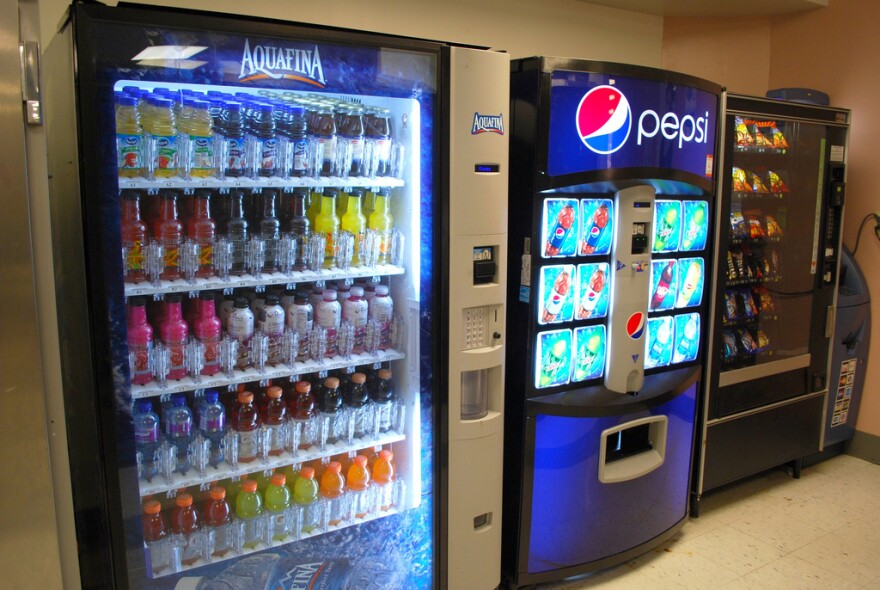American kids are bombarded with ads for sugary, processed food and drinks, and for many poor families, those are all they can afford. That's why researchers from Duke Clinical Research Institute say public health efforts to halt the childhood obesity epidemic have failed.Thirty-five percent of American kids are obese, and a disproportionate number of them are poor or from minority families. And it's not enough to tell families to feed their kids healthy food, according to Duke Pediatrician Sarah Armstrong.
“If we could, as a society working together -- parents, teachers, coaches, government, industry, all of the above -- remove all sugary beverages from children's diets, we would make great headway with that one change,” said Armstrong, adding that real changes will need to happen at a systems-level.
A report from the Duke Clinical Research Institute says childhood obesity rates climbed to 35 percent in 2016, up 5 percent over the previous two years.
Armstrong said the federal government needs to invest in healthier food options for poor families.
“When we have the federal food assistance programs that give families cheap processed carbohydrates and juice for their children to drink and these families can't afford anything other than what they're given, then that leads them with not many choices,” she said.
Armstrong said the government should treat sugary food processors like it does the tobacco industry and restrict advertising to children. She also advocates for investment in health school lunch programs.
“We have tried to help parents make better choices for 20 years, and the epidemic has just gotten worse,” said Armstrong, who is calling for ad restrictions as well as an overhaul of school lunch programs.
Armstrong added the research doesn't support shaming kids or their families for being overweight. In fact, social stigma usually exacerbates unhealthy coping habits, like isolation and tuning to food for comfort.
The study was published this week in the journal Pediatrics.









